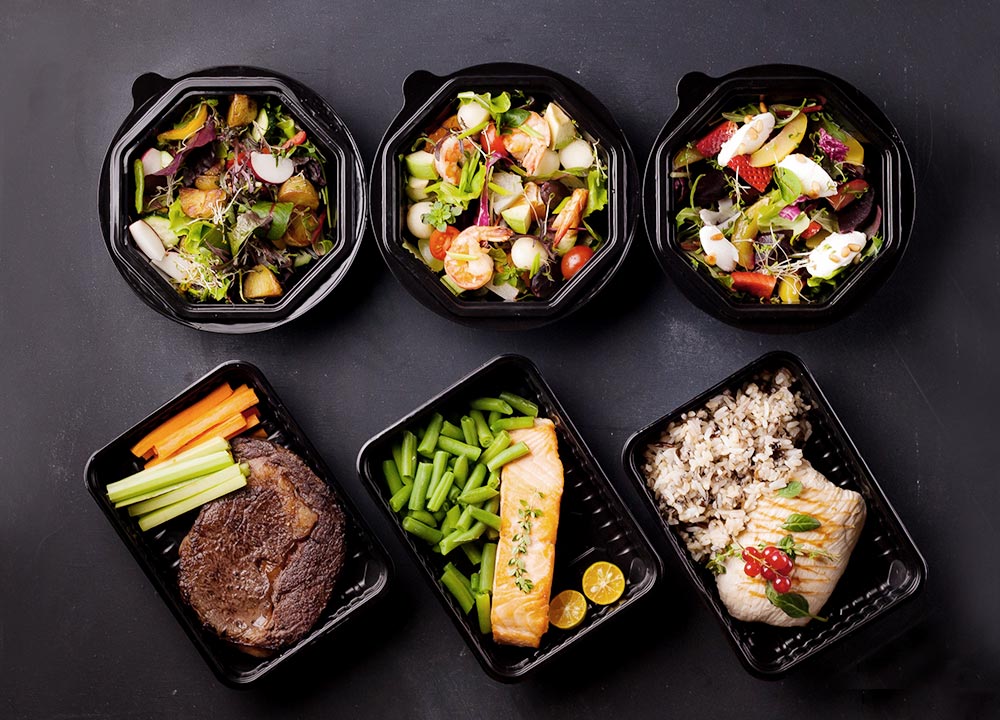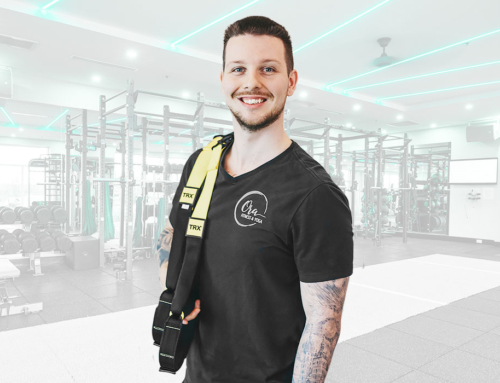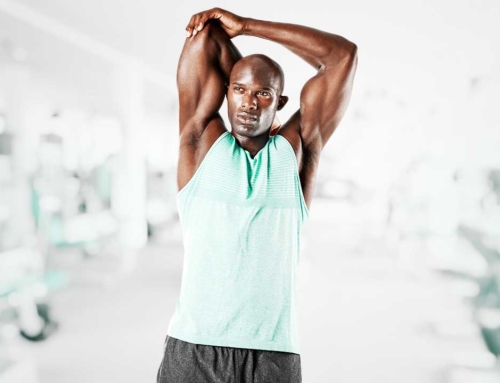Clients always ask me, “which diet is best?” Is it paleo? Vegan? Low carb? Intermittent fasting? Or something else? I don’t believe there’s a single, absolutely, positively, without-a-doubt best diet for every person to follow, always, and forever. Spend enough time working with clients from all different types of backgrounds you’ll soon realize there isn’t a one size fits all approach.
Just imagine the diversity I’ve seen over almost ten years being in the industry.
- Body Type – Some clients are tall and thin. Others come short and stocky.
- Dietary preferences & Exclusions – Some clients prefer to eat lots of meat every day. Others come eating no meat at all.
- Budget – Some clients have a strict budget to follow. Others come with an unlimited budget.
- Organic Eaters, & Box Eaters – Some clients come from eating only boxed and packaged foods. Others come eating only natural, organic, whole foods.
- Nutrition Knowledge – Some clients are devout followers of a particular dietary practice. Others come with very little nutrition knowledge whatsoever.
- Time – Some clients have lots of free time for health and fitness. Others come with very little time to devote to health and fitness.
I think you can start painting the picture
There’s just no way I’d be able to help all these people make incremental improvements in their eating if I were militant about a single nutrition paradigm. Can you imagine for a second If I spoke to a client like this?
“I know you have a low budget for food. But if you sell your vehicle, or maybe one of your children, you’ll be able to afford the organic and free-range whole foods. That’s the only way to get healthy and fit in this diet program.”
Or like this:
“Carbs? Low carb is what works, period. Insulin is the enemy. So say goodbye to sugar, pasta, potatoes and of course rice.”
Or even this:
“Sure, I understand the moral and ethical obligation you feel. But eating animal food, that’s the best way. You need the protein and the fat. It’s how our ancestors ate. So suck it up, throw a steak on the grill, and let’s do this right!”
While these responses are a little extreme, they’re not that far from what I hear every day in the gym or read on social media.
So what is there to do?
The best coaches in the world don’t have a single nutrition philosophy. Sure, some have a particular way of eating that worked for them which is excellent! But, you should be happy you found something that helped you reach your goals.
But to suggest that because it worked for you, at one point in your life, under a particular set of circumstances, now everyone else should follow the same program? Well, that just seems silly to me.
Physiologically, the human body can do well under a host of different nutritional conditions. This process is demonstrated by examining the traditional diets of various ethnic groups throughout the world. If you travel around the world outside of North America, you’ll find so many different types of food that could be high in protein, fat, carbs, sugar, alcohol, you name it, and for some odd reason the people outside of our own country can function with happy and healthy lives.
Crazy differences, right? Yet all traditional diet eaters are relatively healthy people with minimal incidences of cardiovascular disease, stroke, diabetes, inflammatory obesity, etc. This phenomenon is only possible because the human body is amazingly adaptable to a host of different dietary conditions.
All of this means that, as a nutrition coach, I shouldn’t belong to any specific diet at all. When I work with clients with their dietary concerns, I have to be a nutritional agnostic. Open to evaluating anything and everything that could work. Willing to test new methods, even if they fly in the face of current beliefs or practices. And humble enough to sometimes be wrong,
When done correctly, Paleo diets, plant-based diets, high carb diets, low carb diets, eating small meals frequently, eating larger meals infrequently, etc. all accomplish the following:
1. Raise nutrition awareness and attention
I know, everyone wants to talk about the food itself — the proteins, carbs, and fats. What to eat more of and what to avoid. But research is now showing that merely paying better attention to what you eat is a critical factor in whether you’ll lose fat, get lean, and improve your health. Whether your attention is trained on avoiding carbs, eating more vegetables, seeking out organic food, avoiding animal foods, or avoiding “non-Paleo” food, it all works.
2. Focus on food quality
Paleo and low carb advocates want you to eat more natural, free-range animal-based foods that are higher in protein, higher in fat, and are minimally processed. Vegan and high carb advocates want you to eat more natural, plant-based foods that are higher in fibre, antioxidants, and are minimally processed. Recognize what’s common here?
There are not many diets out there that recommend you eat more processed and chemical rich foods. Instead, every diet tends to recommends eating whole, minimally processed, nutrient-rich foods.
3. Help eliminate nutrient deficiencies
In keeping with the last point, the best nutritional advocates help us shift away from highly processed foods, which are often low in nutrients because they’ve been stripped out during processing, and toward more whole, minimally processed foods, which often have their nutrients intact.
A properly designed diet of any kind eliminates some of the most common nutrient deficiencies which usually falls into the water, vitamins and minerals, proteins, and essential fatty acids category. We often look, feel, and perform terribly when we’re deficient in essential nutrients. But within a few weeks of correcting these deficiencies, we feel totally rejuvenated.
4. Help control appetite and food intake
When we’re more aware of what we’re eating, choose more satisfying, higher quality foods, and eliminate nutrient deficiencies, we almost always end up eating less total food. We lose fat, gain lean muscle, and perform better. Notice that you don’t need calorie counting here. Focusing on food awareness and food quality is usually enough for people to tune into their own hunger and appetite, which means calorie control without the annoying calorie math.
Hopefully, you can now understand how different well-designed dietary philosophies, even when they seem oppositional and antagonistic on the surface, can all promote good health, body composition, and longevity. Which is why I believe, choosing a single diet makes absolute no sense. Remember:
There’s no such thing as one, universal “best” diet
There’s no one absolutely, positively, without-a-doubt best diet for everyone. Humans have evolved to do well under all sorts of dietary conditions. That’s why I’m happy to help people find the best one for them, no matter their dietary preferences.
Most popular diets have a lot in common
Most popular diets when done with care, and attention, help control appetite, improve food quality, and raise nutritional awareness.
You and coaches should never lock into a single philosophy for eating
In the last ten years, of coaching clients, I’ve seen substantial success stories without forcing a specific diet philosophy on them. Vegans can stay vegan. Paleo’s can stay Paleo.
So, the best diet to follow is the one that’s best for you. Find something that puts your entire life.
Consider things such as:
- Family
- Life demands
- Stress level
- Work situation
- Income level
- Food availability
- Cooking experience and knowledge
- Time availability
- Physical capability
- And this list could go on!
No, it’s not as clean and clear as “avoid meat” or “eat like a caveman”. But I believe it’s the only sane and rational approach. It also happens to be the only approach that works in the long run to see substantial success.









Leave A Comment